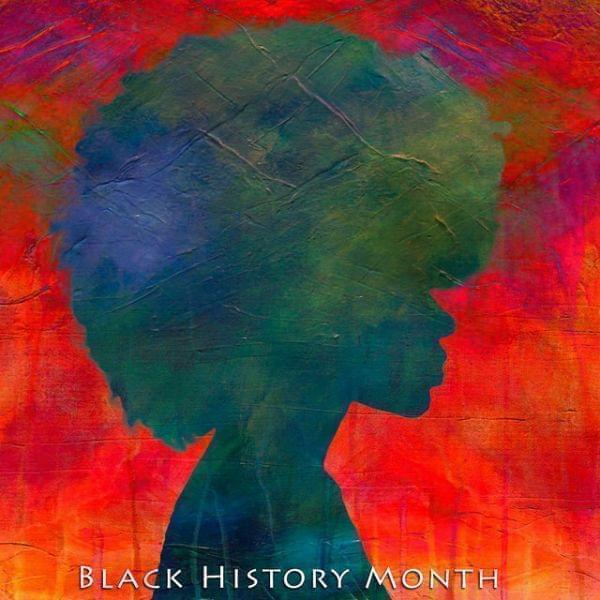Shows you do not want to Miss for Black History Month!

Flickr: Silver Shine
PBS features great shows in the month of February! Highlighted below are a few of the programs being featured for Black History Month:
On Sunday evenings, viewers can tune in and watch Mercy Street. This historical series is inspired by real people and events. Mercy Street goes beyond the front lines of the Civil War and into the chaotic world of the Mansion House Hospital in Union-occupied Alexandria, Virginia. Mercy Street is currently in its second season. In this second season, we learn more about the character Charlotte Jenkins. Harriet Jacobs, who famously escaped slavery in the 1840s and became an author, public speaker and a leading advocate for abolition, inspired Charlotte’s character.
On Monday nights, PBS Independent Lens will air multiple shows that touch on race, America, and African-American people. Birth of a Movement focuses on the 1915 battle that African American newspaper editor and activist William S. Trotter waged against D.W. Griffith’s notoriously Ku Klux Klan-friendly blockbuster The Birth of a Nation, which unleashed a fight still raging today about race relations and representation, and the power and influence of Hollywood. Birth of a Movement features Spike Lee, Reginald Hudlin, and Henry Louis Gates, Jr. Accidental Courtesy examines the unusual, controversial hobby of renowned musician Daryl Davis. Davis travels across the country befriending members of the KKK. Through these interactions, Davis is searching for the answer to the question, “How can you hate me when you don’t even know me?”
On Friday, February 10th, Smokey Robinson will be honored with The Library of Congress Gershwin Prize for Popular Song. Join host Samuel L. Jackson for an all-star tribute to singer and songwriter Smokey Robinson, the 2016 recipient of the Gershwin Prize, with a special appearance by Berry Gordy, founder of Motown.
As Dr. Martin Luther King Jr. so eloquently stated, “We are not makers of history. We are made by history.”

